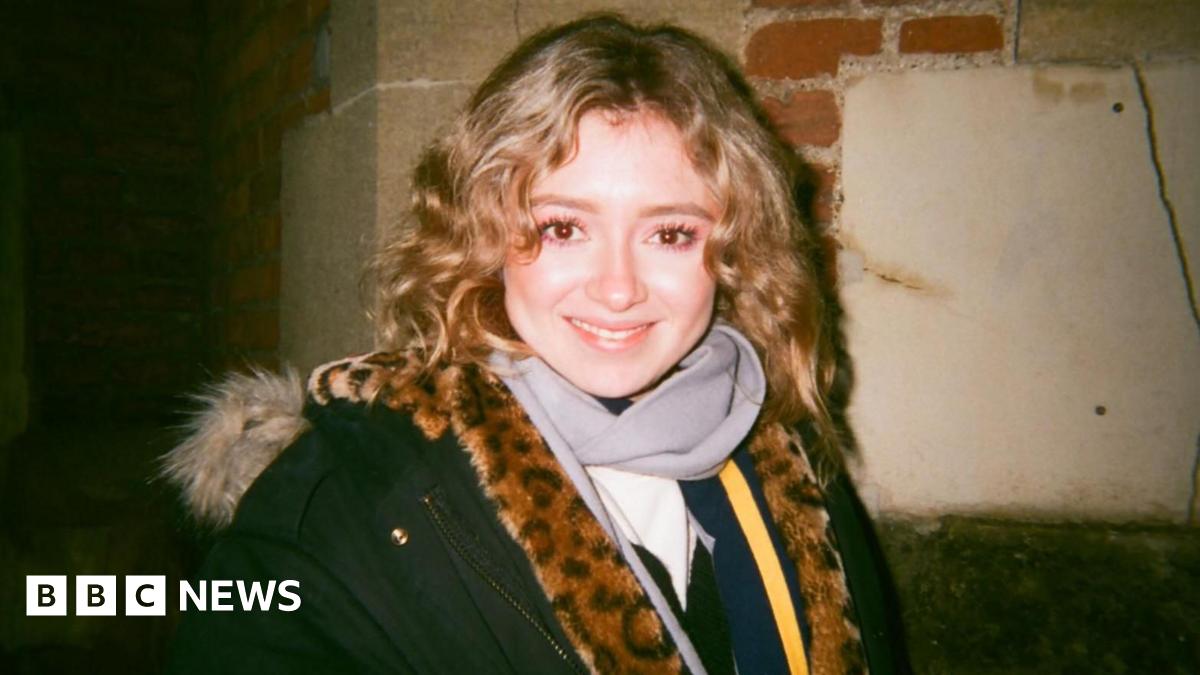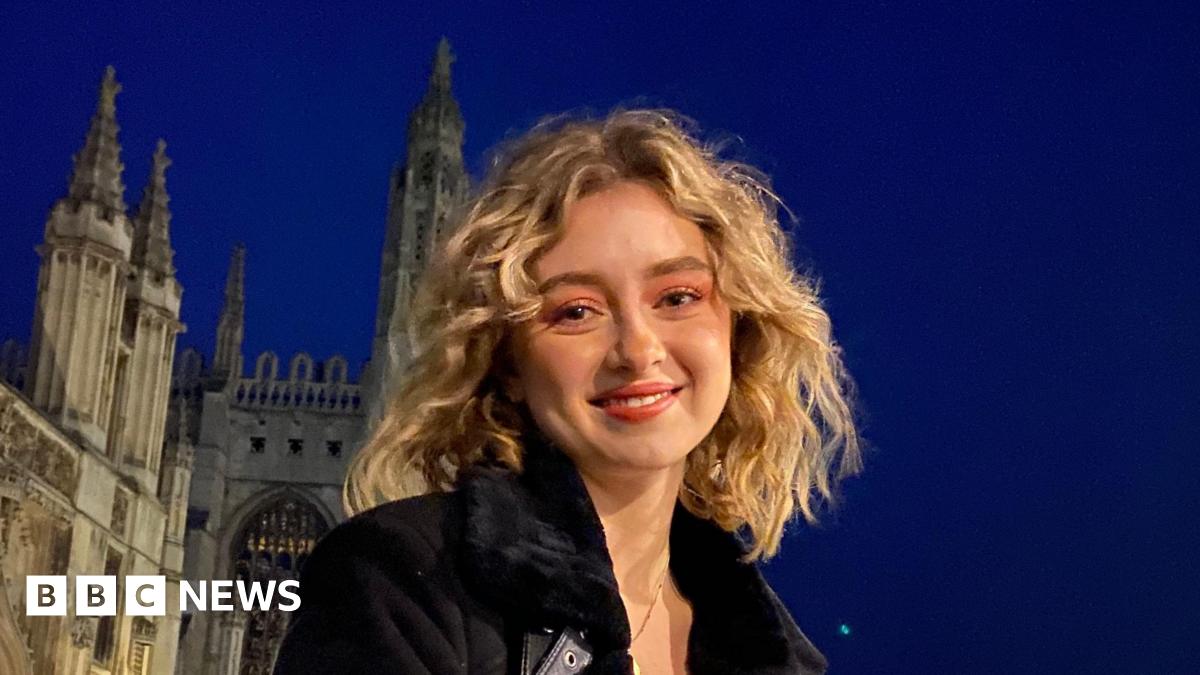T4K3.news
Twin blames mother for sister's death after cancer treatment denial
Gabriel Shemirani states at an inquest that his mother influenced Paloma's refusal of life-saving care.

Gabriel Shemirani holds his mother responsible for his twin sister's death after rejecting cancer treatment.
Twin accuses mother of sacrificing sister for anti-vaccine beliefs
Gabriel Shemirani has publicly blamed his mother, Kay Shemirani, for his twin sister Paloma's death. Paloma passed away at 23 after refusing chemotherapy for non-Hodgkin lymphoma, a cancer doctors deemed treatable. Gabriel testified at an inquest that his mother, known for her anti-vaccine views, pushed his sister away from conventional medical treatment. Despite Paloma having an 80 percent chance of recovery with chemotherapy, she declined the treatment. Gabriel described his mother as abusive and claimed her influence contributed to Paloma's refusal of necessary care. The family background is complicated; their parents split after a relationship filled with mutual abuse. Gabriel testified about feeling unsafe with his mother's presence. In earlier proceedings, a psychiatrist found no evidence of coercion in Paloma's treatment decisions, although Gabriel disputed this assessment. The situation raises questions about parental influence and the balance between personal beliefs and medical advice.
Key Takeaways
"I blame my mother entirely for my sister's death."
Gabriel Shemirani expresses his feelings about his mother's influence during the inquest.
"She was supposed to have a chance at recovery."
Gabriel mentions the likelihood of Paloma's recovery had she accepted chemotherapy.
"I felt unsafe around my mother."
Gabriel shares his childhood experiences with his mother, emphasizing emotional trauma.
"The public needs to understand the risks of alternative medicine."
The implications of the inquest extend beyond the family to wider public health issues.
This tragic case underscores the risks of misinformation relating to health treatments. The influence of anti-vaccine sentiment has permeated not just communities but also familial relationships, often with dire consequences. Gabriel's claims indicate a complex mix of familial loyalty and the need for accountability in medical decision-making. The inquest has revealed deeper issues about parental authority and the responsibilities it carries. With growing distrust in medical institutions, stories like Paloma's might become more prevalent, highlighting a stark conflict between individual choice and public health.
Highlights
- Gabriel claims his mother sacrificed Paloma for her own beliefs.
- This tragedy reveals the dark side of misinformation.
- Paloma had an 80 percent chance but refused treatment.
- Parental influence can mean life or death.
Concerns over parental influence on medical decisions
The ongoing case illustrates the dangers of anti-vaccine sentiments on health choices, highlighting potential risks in familial relationships regarding medical treatments.
The ongoing inquest may reveal more about this family's tragic dynamic and its implications for others.
Enjoyed this? Let your friends know!
Related News

Inquest reveals mother's alleged influence on daughter's cancer treatment

Cambridge graduate dies after rejecting chemotherapy

Paloma Shemirani dies after refusing conventional cancer treatment

Graduate dies after rejecting cancer treatment

Mother blames paramedics for daughter's death

Young woman dies after refusing cancer treatment

Osteopath regrets role in cancer patient's treatment choice

New biography reveals dark secrets of the Durrells
